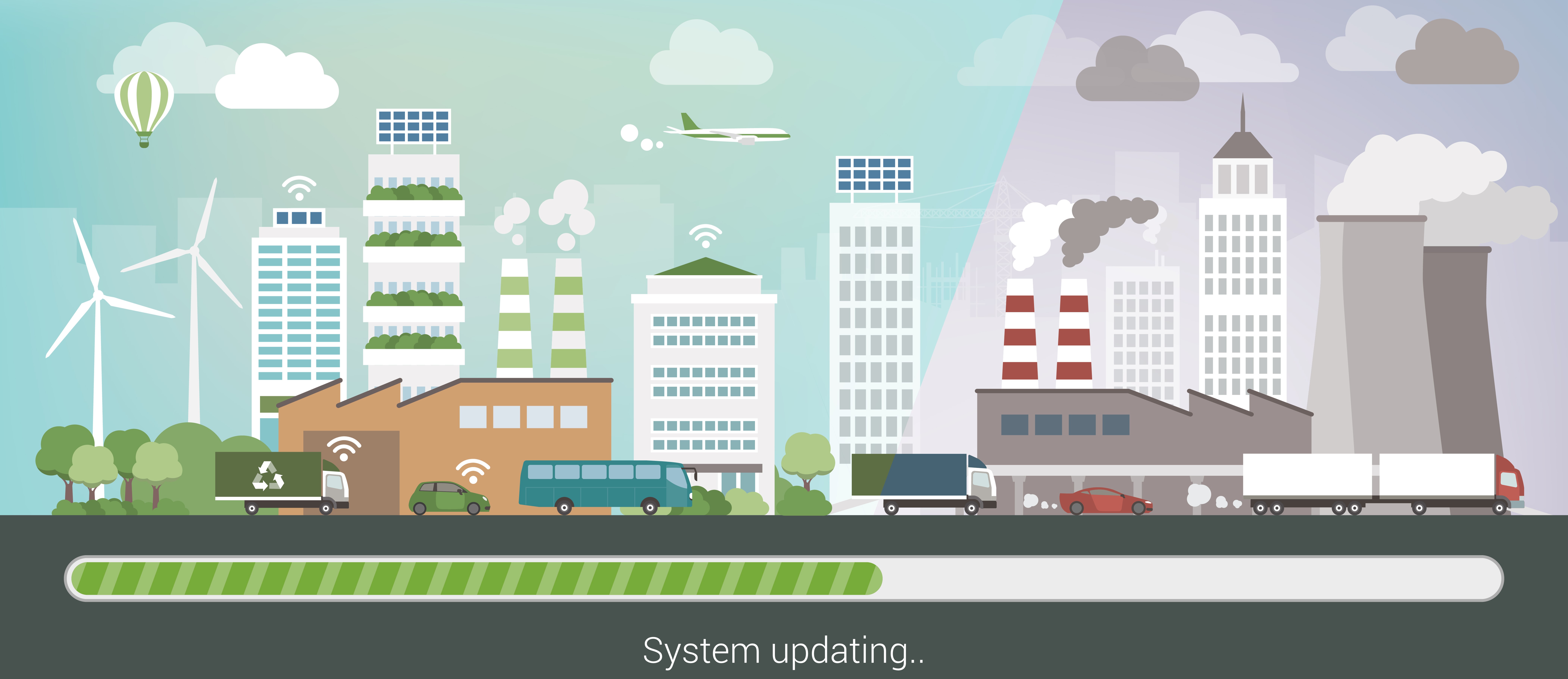
Energy-efficient cities and municipal climate protection

When it comes to achieving national climate protection targets, municipalities and rural districts play a major role. On the one hand, they act as role models for all their citizens and local industrial and commercial enterprises. On the other hand, they can help shape the energy turnaround by providing suitable general conditions. Fraunhofer IBP helps municipalities and counties meet these challenges in the areas highlighted in the following.
Especially important are municipal energy and climate protection concepts. With the help of a qualitative analysis, our experts first assess the status of climate protection activities in the municipality, city or district. They then calculate the energy consumption and greenhouse gas footprint for the district, carry out analyses of energy-saving potential and identify ways of increasing efficiency and using renewable energies. Based on this, we examine different development scenarios and derive savings targets, climate protection strategies and concrete measures. To avoid rebound or one-off effects, stabilization strategies are indispensable, as is the implementation of a controlling concept for municipal climate protection.
Fraunhofer IBP also assists municipalities, counties, housing associations and other institutions with large real estate holdings in developing a strategic energy management concept for buildings. To this end, we carry out feasibility studies to determine the potential to reduce CO2 emissions in buildings, devise controlling concepts and define sites for taking measurements, develop service profiles for creating standardized energy concepts, provide support with compiling renovation registers and help design and evaluate pilot-scale projects on erecting new buildings and renovating existing ones.
Another focus of our scientists’ work is on helping municipalities to draw up an energy atlas as a starting point for municipal energy management planning. Based on the official real estate register, energy indicators with accurate address data are calculated and visualized using geoinformation systems. This makes it possible to locate heat sinks and heat sources, map electricity hotspots and identify opportunities to increase the use of renewable energies. By linking up with existing supply networks, priority areas and new development options can be pinpointed.
Our research also addresses issues relating to the city of the future. The focus is on analyzing energy systems, networking buildings and districts and making infrastructure systems more adaptable. We carry out microscopic urban analyses to identify critical market segments, examine the effectiveness of regulatory measures, research the uptake of technical measures and developments by the market and investigate the impact of general external constraints on the urban system.